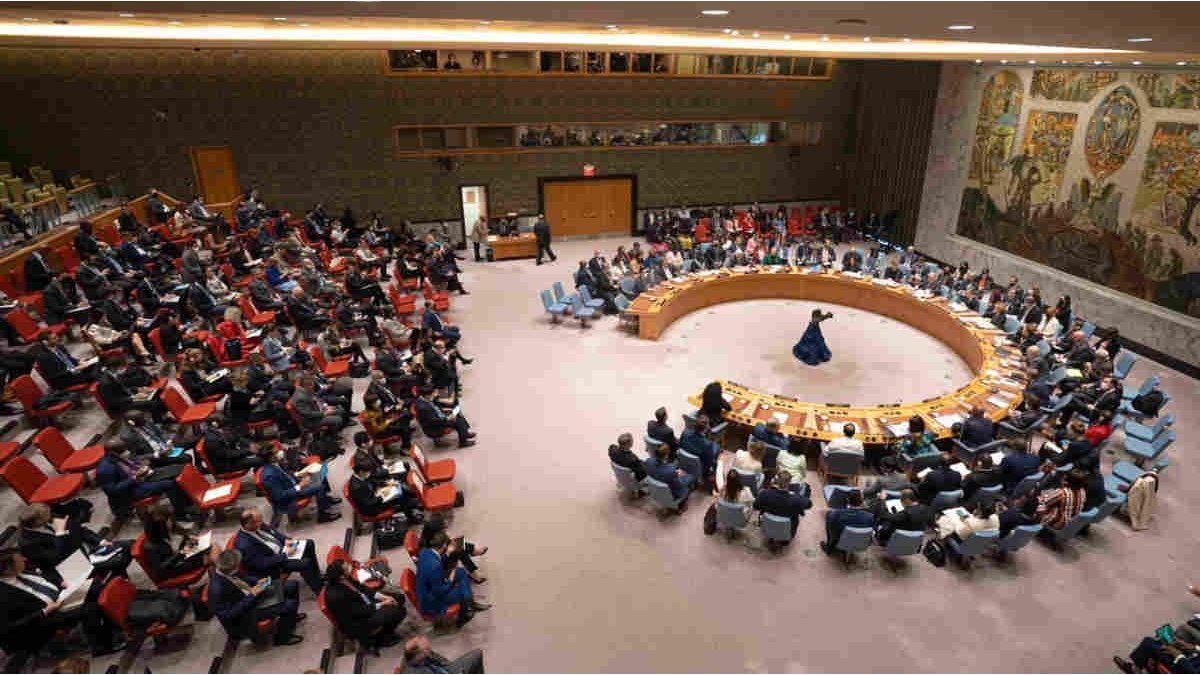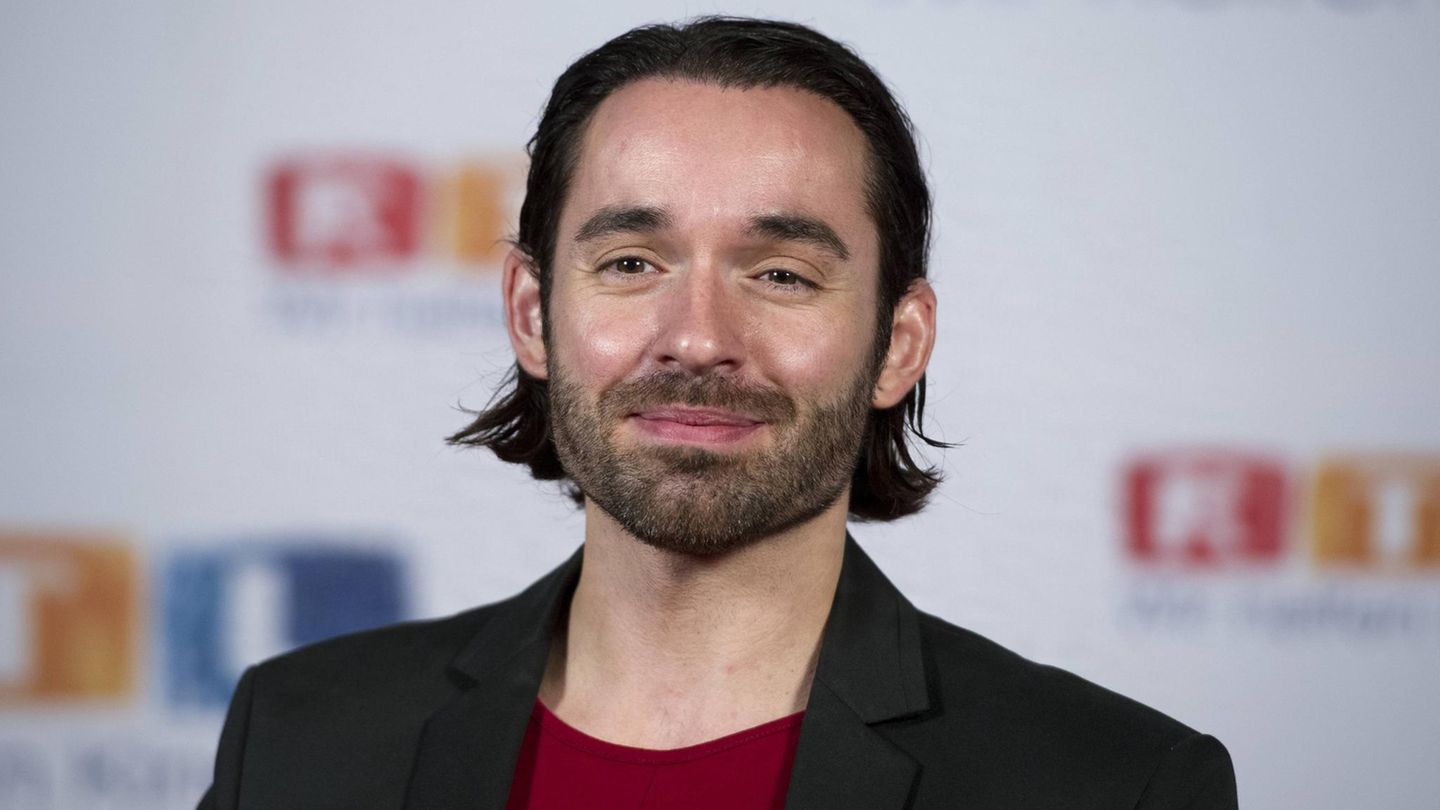The supplies for the people in the Gaza Strip are in danger of collapsing. Israel now wants to allow Egypt to deliver limited humanitarian aid. But the Rafah crossing was initially still closed.
After 13 days of complete lockdown and massive Israeli air strikes in response to the major Hamas attack, the supply situation for the more than two million residents of the Gaza Strip has further deteriorated. During a short visit to Israel, British Prime Minister Rishi Sunak welcomed the fact that the government in Jerusalem had agreed to the delivery of humanitarian aid from Egypt to the Gaza Strip via the Rafah border crossing. However, the hoped-for opening of Rafah was still a long time coming.
The World Health Organization (WHO) expects the Rafah border crossing from Egypt to the Gaza Strip to open for urgently needed aid deliveries on Friday. WHO chief Tedros Adhanom Ghebreyesus said this in Geneva. “Our trucks are loaded and ready to leave,” Tedros said. “We stand ready with the Egyptian and Palestinian Red Crescent Societies to bring the material into the Gaza Strip as soon as the border crossing is open, hopefully tomorrow.”
Israel’s army again attacks Hezbollah targets in Lebanon
The Israeli military again attacked pro-Iranian Hezbollah positions in Lebanon and suspected terrorists there during the night. In response to shelling by the Shiite militia on Wednesday, the army attacked Hezbollah observation posts, among other things, the military said. In addition, a fighter jet hit three people who tried to fire rockets towards Israel. It was initially unclear whether there were any injuries or deaths.
According to the UN mission Unifil, one person in Lebanon was previously killed in firefights on the Lebanese-Israeli border.
Western politicians are trying to defuse the situation
Meanwhile, ahead of a possible ground offensive by the Israeli army in the Gaza Strip to destroy Hamas, Western politicians continued their efforts to prevent the conflict from spreading. Hundreds of Hamas terrorists attacked Israel on October 7th and carried out the worst massacre of Israeli civilians since the founding of the state in 1948.
More than 1,400 people in Israel died in fighting and rocket fire and more than 4,600 were injured. Israel then mobilized 300,000 reservists and assembled strong combat troops on the Gaza border. According to the Hamas-controlled Ministry of Health, 3,785 people have died and around 13,000 have been injured in Israeli air strikes in the Gaza Strip since October 7th.
Baerbock starts crisis talks
Germany’s Foreign Minister Annalena Baerbock set off for a new round of crisis talks in Jordan, Israel and Lebanon in view of the Gaza war. Before the flight to Jordan, she assured Israel of the federal government’s “unwavering solidarity.” “The fight is against Hamas, not the Palestinian civilian population” – they are also suffering enormously, Baerbock added. “Far too many women, men and children have died.” It is therefore important to her to make it clear to the Palestinians “that we also see their suffering.” She also wants to use the trip to campaign for the release of the Hamas hostages, including Germans.
Also Pistorius in Lebanon and Israel
Defense Minister Boris Pistorius traveled to Israel for talks on military cooperation. The SPD politician wanted to meet his Israeli colleague Joav Galant there. After the major attack by the Islamist Hamas on Israel, the trip is intended to send a signal of solidarity. The two were also expected to discuss Israel’s requested delivery of materials for the armed forces, including medical equipment. Pistorius was previously in Lebanon, where he met German soldiers who are deployed there for the UN mission Unifil.
Netanyahu to Sunak: Israel’s darkest hour
Israeli Prime Minister Benjamin Netanyahu said at a meeting with Sunak in Tel Aviv that Israel was facing a long war. “This is our darkest hour. It is the darkest hour in the world. We must stick together and win,” emphasized Netanyahu. There will be ups and downs, there will be difficulties. A long war lies ahead for Israel. “We need your continued support.” This is not just Israel’s fight, said the head of government. “It is the fight of the free world, the fight for the future.” It is a fight against “the modern barbarians, the worst monsters on the planet.” Sunak said his country stands with Israel. “And we also want you to win,” emphasized the British Prime Minister, who then wanted to travel on to Saudi Arabia.
British Foreign Minister on his way to the region
British Foreign Minister James Cleverly announced a trip to strategically important countries in the region. His ministry announced on X in London that he wanted to meet partners in Egypt, Qatar and Turkey. The aim of the three-day trip is to try to prevent the conflict from spreading. “It is in no one’s interest – neither the Israelis, the Palestinians nor the wider Middle East – that others are drawn into the conflict,” Cleverly had said in advance. This is primarily about the Shiite militia Hezbollah, which, like Hamas, is allied with Iran and which could open a second front from Lebanon on Israel’s northern border. There have been repeated clashes and shelling there for days, with people dying on both sides.
Around 165 trucks with relief supplies are piled up in front of Rafah
After US President Joe Biden’s visit the day before, Israel agreed to open Rafah for the delivery of water, food and medicine. There was no mention of fuel, necessary to generate electricity and on which Gaza’s overcrowded hospitals desperately rely. On Thursday, around 165 trucks carrying humanitarian supplies were piled up on the Egyptian side in front of the Rafah crossing. According to Egyptian information, access roads that had been damaged by air strikes had to be repaired first. According to the UN, UN Secretary-General António Guterres wanted to talk to Head of State Abdel Fattah al-Sisi about opening Rafah during a visit to Kario.
One million Gazans fled south
According to the UN, around a million residents of the northern Gaza Strip have fled to the southern part of the area in recent days. Israel’s army, which had called for this to happen in order to avoid civilian casualties if the fighting escalated, spoke of around 600,000 people. UN emergency relief coordinator Martin Griffiths called for “immediate, secure humanitarian access throughout the Gaza Strip.” He particularly pointed out the extreme water shortage. People are increasingly forced to rely on unsafe sources, putting the population at risk of water-borne diseases.
Scholz announces a “clear stance” against anti-Semitism
In view of the sometimes violent riots in Germany, Chancellor Olaf Scholz has promised toughness in the fight against anti-Semitism. At the same time, the SPD politician again called for the immediate release of the Hamas hostages in the Gaza Strip in the Bundestag on Thursday. In his government statement shortly after returning from a trip to Israel, Scholz also sharply attacked Russian President Vladimir Putin for his statements about the Gaza war. The Chancellor received rare praise from the opposition.
Source: Stern
I have been working in the news industry for over 6 years, first as a reporter and now as an editor. I have covered politics extensively, and my work has appeared in major newspapers and online news outlets around the world. In addition to my writing, I also contribute regularly to 24 Hours World.




